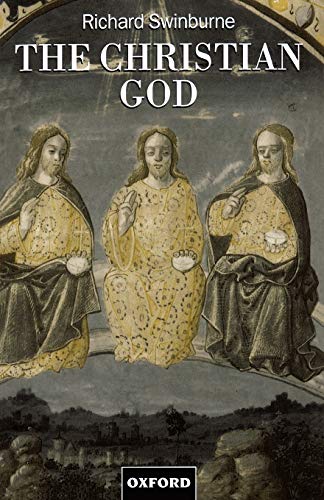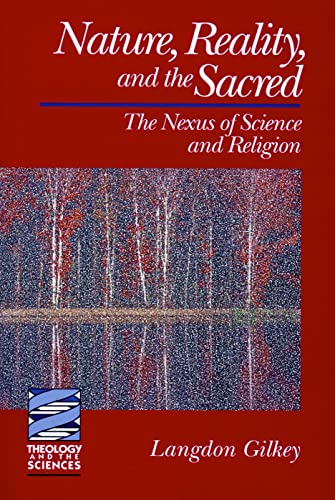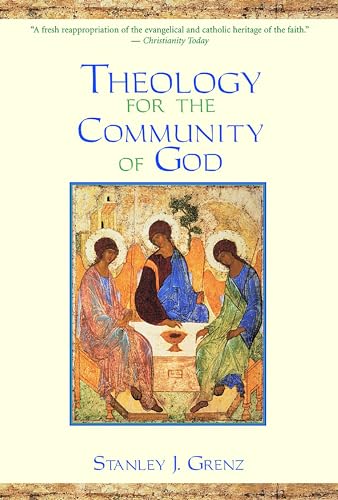The Passion of Interpretation
Written by W. Dow Edgerton Reviewed By Anthony C. Thiselton‘Interpretation’, writes Professor Edgerton, ‘is in crisis … The crisis has come as foundations of perception, thinking, experience, and community have been challenged and re-examined’ (p. 139). This is a book about the nature of interpretation, expounded largely but not exclusively from within a perspective projected by selected writings of Paul Ricoeur. The writer is Associate Professor at Chicago Theological Seminary. In addition to the primary distinguishing mark of writing under the influence of Ricoeur’s hermeneutic of suspicion and of Ricoeur’s theories of meaning and narrative, the second distinctive mark of this book lies in the author’s attempt to expound hermeneutical issues largely through the medium of narrative and reflection on narrative. The strength of this approach is that it provides suggestive, aphoristic, temporally crafted worlds which provoke response from the reader. Its weakness is that it often fails to locate ideas and issues in the history of the discipline, and often simply states or declares rather than offering a considered theoretical framework, the strengths and weaknesses of which are judiciously assessed.
After a brief introductory chapter on interpretation and narrative, the author retells the myth of Hermes in order to project a narrative-world in which we may perceive interpretation to entail a kind of fiction, theft or falsehood. Hermes is, on one side, the spokesman who speaks for Zeus. But under the supposed authority of Zeus, on the other side he is a liar, a manipulator and a thief. He offers a paradigm of an ‘exegesis of desire’ because he interprets in order to pursue his own goals, but ‘claims only to repeat. That … is part of the fiction’ (p. 36). The text becomes a pre-text: ‘There is where the theft occurs’ (p. 34). The ‘owners’ of the texts appear to be their authors (e.g. Zeus), but interpretation displaces ownership because the interpreter filters them through his or her own desires to influence the future (e.g. Hermes). This chapter, which is probably the best in the book, concludes by applying a hermeneutic of suspicion rightly to every interpreter: ‘I confess that I am a thief of Another’s words who distorts them … I confess that this is what an interpreter does’ (p. 42). In the case of Scripture, while there is no choice but to interpret, the interpreter must ask painful questions about the risk of violating what is holy by stealing the text for one’s own voice.
As a source of sometimes quite profound aphorisms on the nature of hermeneutics, this book repays study. The author has wrestled with fundamental issues and, as he aims indeed to do, succeeds in provoking the reader to active reflection. The limits of the book lie in what the author intends as its strength: the narrative mode leaves too much to sheer declaration or testimony, and fails to contextualize leading issues in the history of ideas or in contemporary theoretical debate. This raises a problem about the level of readership. The chapter on Hermes could well be commended to the undergraduate student who does not yet see how utterly profound and essential all serious hermeneutical enquiry is. One cannot ignore the consequences and basis of ‘interpretation’. But only the more mature reader could assess the theoretical framework which is taken for granted but which lies hidden beneath most subsequent chapters. On the other hand, such a reader would not find very much that is genuinely new, apart from dialectic exemplification through narrative. Regarded as a sourcebook of suggestive insights to be evaluated in the light of wider reading, however, this book has much to commend it. It bears testimony to strenuous and constructive thinking on the part of its author. His chosen heading ‘stories not systems’ (p. 139) imposes its own limits. The current obsession with ‘narrative’ began as a necessary corrective against an equal obsession with closed systems; but it can be taken too far. Gilbert Ryle long ago wrote in his review of Heidegger’s Being and Time that the human capacity for conceptual abstraction was precisely what delivered us from subjectivity in the negative sense of the term. It is possible to work with open systems, which may be expanded in the light of narrative possibilities.
Anthony C. Thiselton
University of Nottingham and University College, Chester







